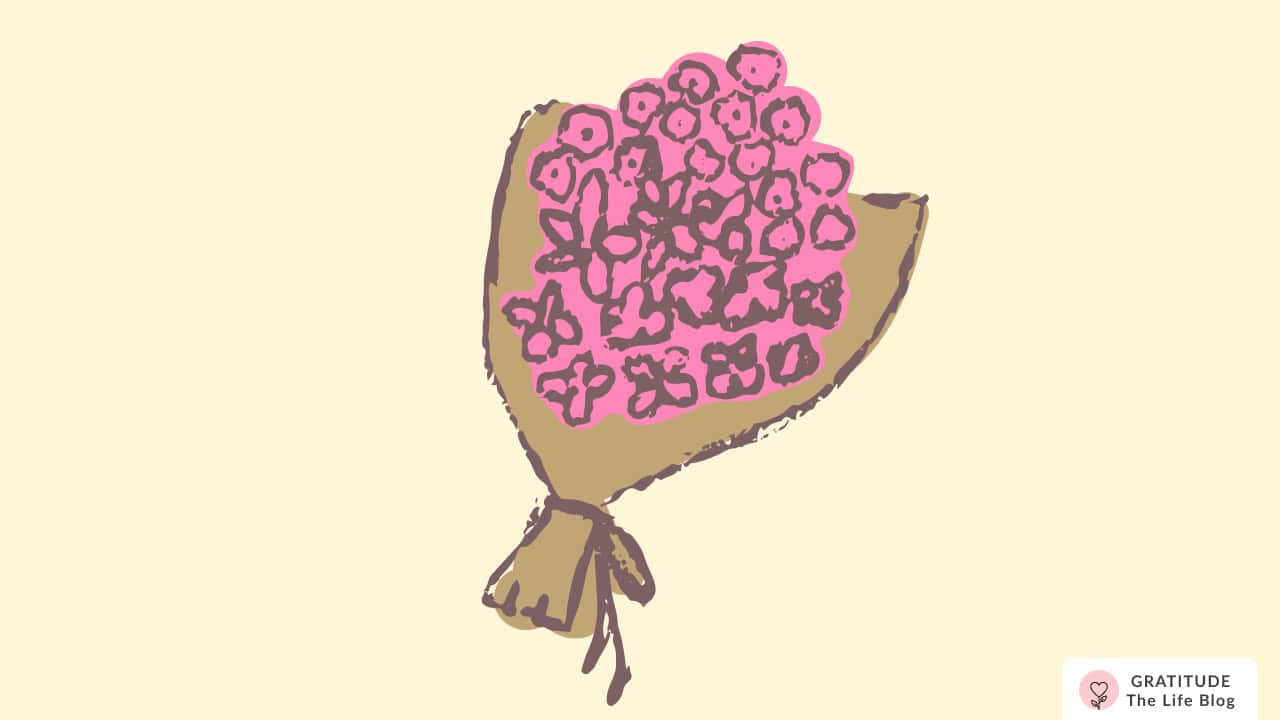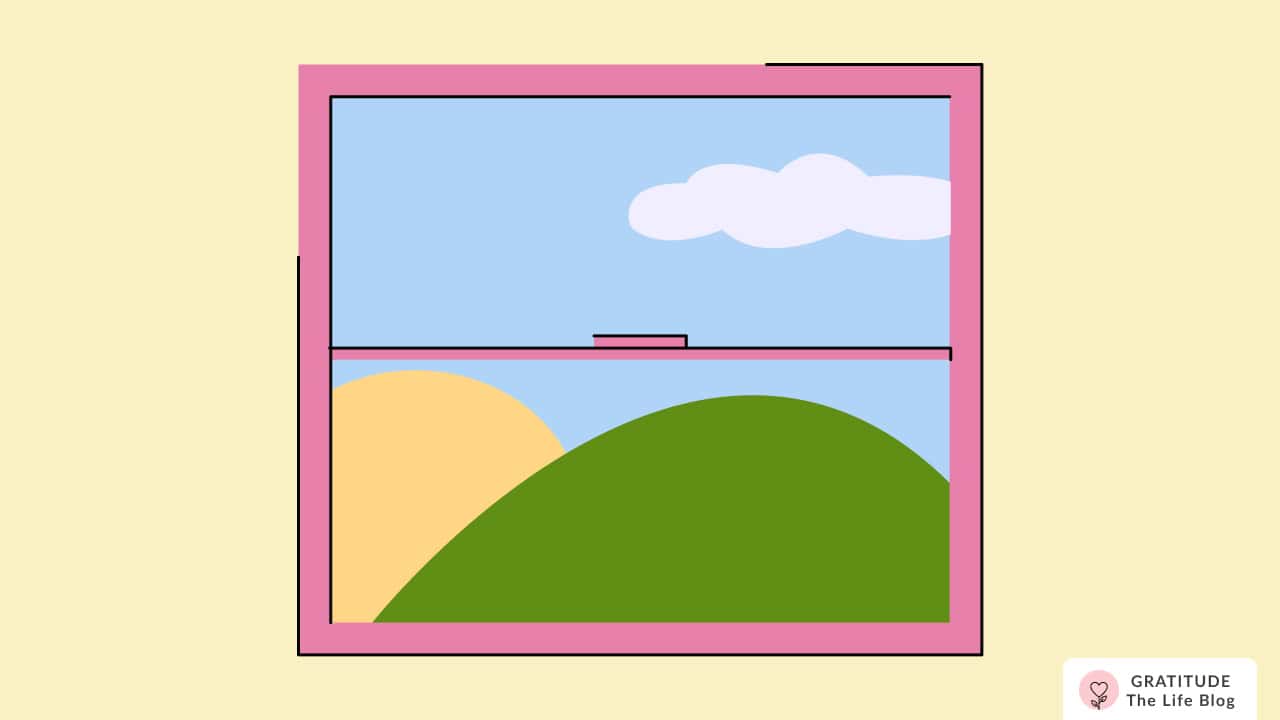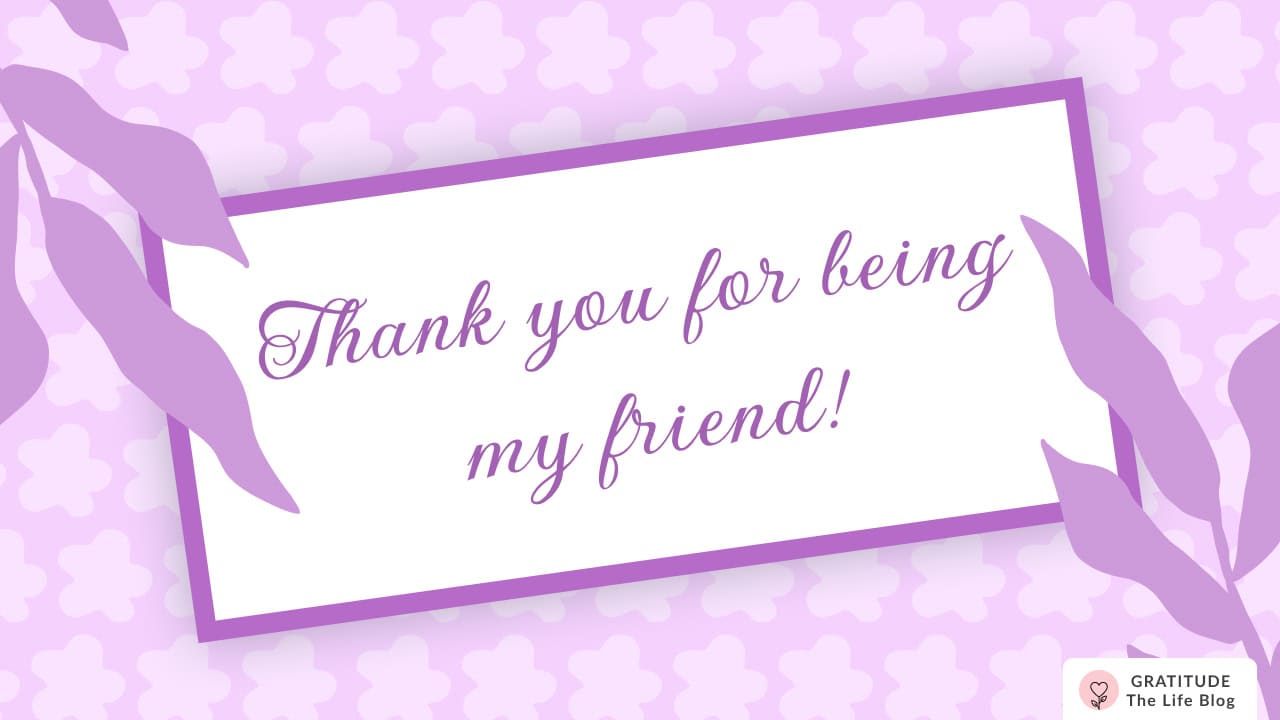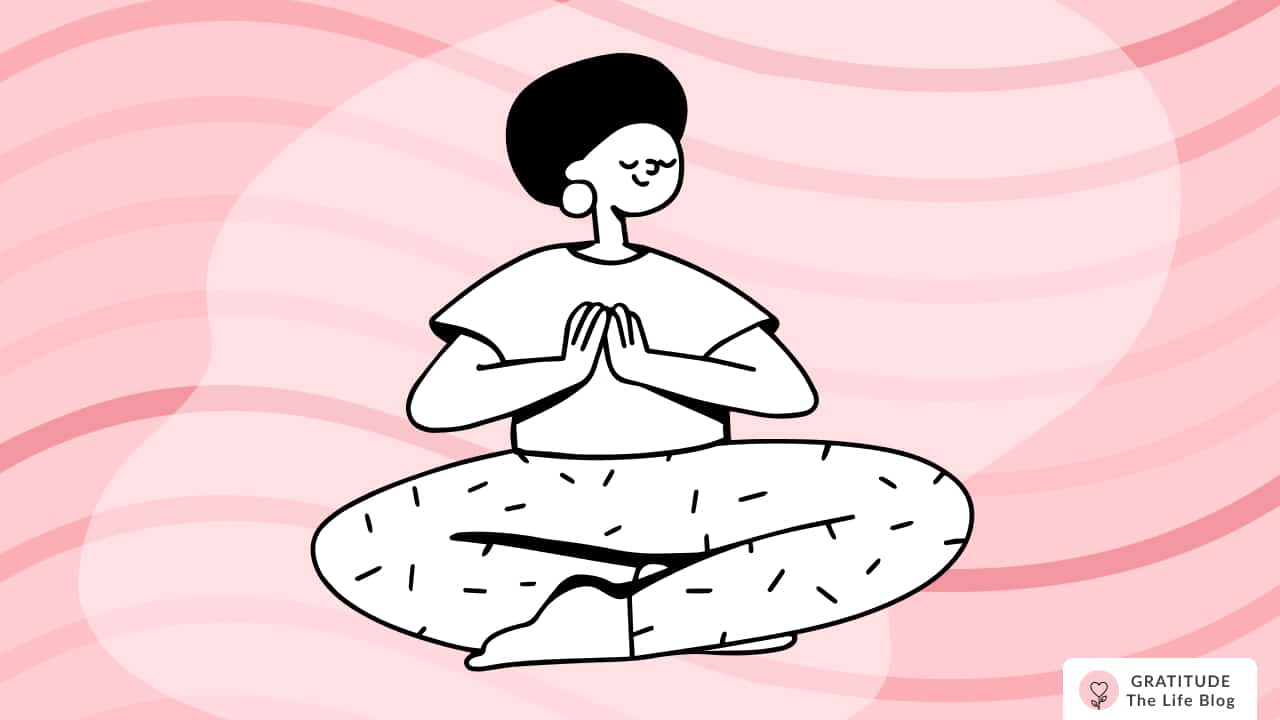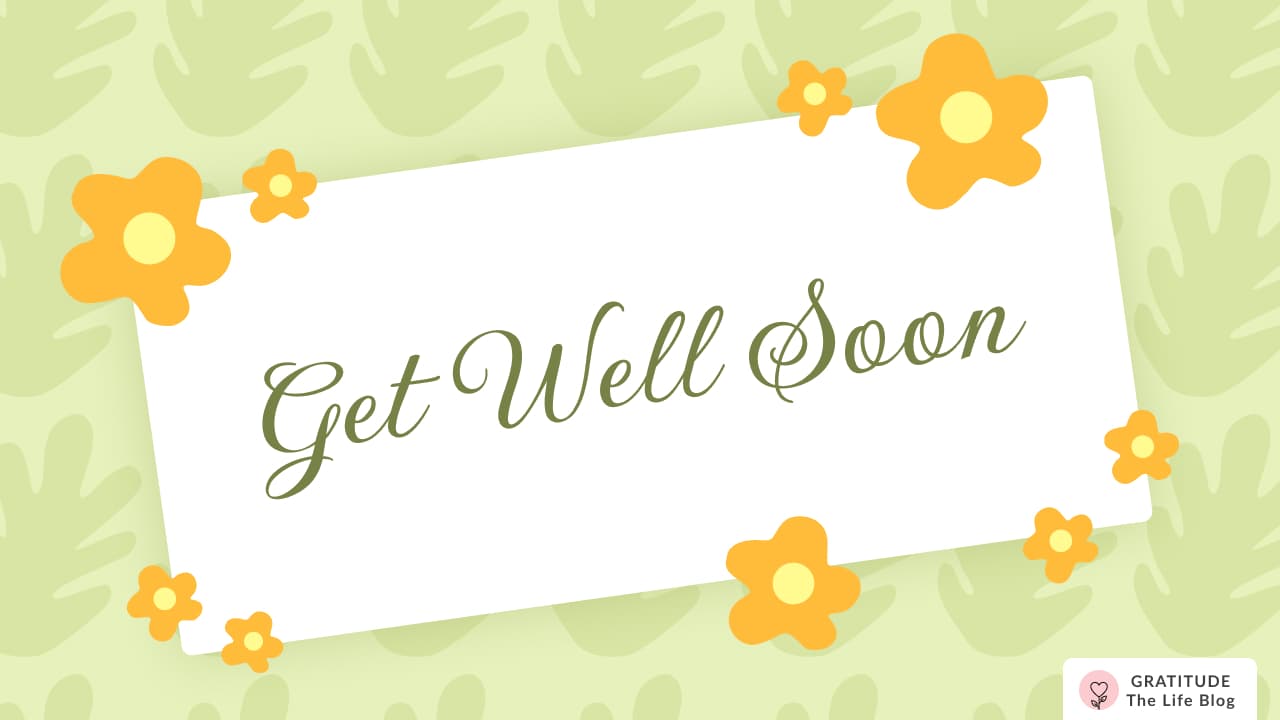The 4 Journaling Ideas You Must Try
A journal a day keeps the worries away!

Let me tell you something from the get-go - journaling is fundamental in my life. It has supported me through my teenage years and now in my early 20s. I have always found it to be the friend I most need when I underestimate it.
In this post about journaling ideas, I want to share with you why you should journal and how it can help you the same way that it helps me.
I will also help clear the fears or misconceptions related to journaling so that it becomes an activity that you look forward to without hesitations.
Right before I started to write this post, I was in a state of trying. I was trying to get started but I couldn’t. I was roaming around YouTube and trying to make my thoughts cohesive by pouring more information in but it wasn’t working.
I am sure that many times in your week or month, you would have this feeling of being aimless or unmotivated. Even when you know what to do, you’re just unable to do it. It’s like the door’s jammed and you just can’t slide through. You keep pushing and pushing and nothing changes.
So, I thought, I am going to write about journaling and talk about how it helps unload the mind and organize our thoughts. Why not journal right now to see if anything helps at all?
So I picked up my diary and started with, “I am not feeling really great today…” and kept my thoughts flowing through the pen. It wasn’t organized or clear, as it never is in times like these, but slowly I unraveled more of what was really on my mind.
I moved from describing my feelings to my fears to my problems to my goals to going back to my fears and ending on a hopeful note that things will get better.
As I was writing more I sensed that my mind was suddenly clearing up and I was feeling more and more ready to write this post.
And so, here I am! Wrote 6 pages in my journal to be ready to give you journaling ideas.
You can be totally new to journaling or may want to get back on track with it, you may consider yourself as someone who doesn’t write well and it’s all okay. I really believe that journaling is for anyone and everyone, only the way we do it will differ.
Why should you start journaling?
In my mind, it’s not really why you should journal, but why shouldn’t you? Journaling brings all sorts of benefits to our lives.
Here is a list of all of them:
- It can help you manage anxiety, reduce stress and cope with depression^
- It provides you with the opportunity for positive self-talk and to identify negative thoughts and behaviors^
- It improves our awareness and perception related to life events
- Expressive journaling helps in lowering blood pressure and improving mood^
- Journaling also helps us think clearly and be more creative with our ideas.
- Journaling helps us understand ourselves and therefore become capable of helping ourselves
Are there any rules for journaling?
The only rule for journaling is that you write how you are feeling.
Don’t worry about grammar, sounding poetic or cohesive, or punctuation and spelling. Your journal is the place where you let go of expectations and only express yourself.
Journaling is a form of therapy where you can just be yourself with no other requirements. So the rule is not about structure but about honesty, vulnerability, and action.
With this, let’s now get into the four journaling ideas that you can try out to make journaling a part of your life:
Journaling Ideas
1. Morning pages
Everyone learned about this journaling idea from the book The Artist’s Way by Julia Cameron.
How to practice:
- Get a basic journal and pen or a journal app. No need of anything fancy. You can also mix the digital and physical journal according to how you’re feeling that day.
- Take around 20 minutes out in the morning before you start any other activity.
- Write 3 pages in your journal expressing your thoughts and feelings.
- Do this for a week and see how it’s helping your mind.
There’s no need to be structured here or force yourself to talk about topics that are not really on your mind. Just write those three pages. Whatever comes to mind.
How it’ll help:
Putting your morning thoughts down on paper will greatly help you clear your mind and feel more centered throughout the day. You will feel lighter and think better.
Tips:
- Just get started. It will not be perfect from the beginning and don’t expect it to be. Just do it. It’s okay if your journaling is not Pinterest-aesthetic, it isn’t supposed to be. Just do it.
- In case you miss journaling in the morning, try and do it as soon as you can in your day.
- If it is difficult for you despite trying, take the help of a prompt like, “How am I feeling right now?” and expand on that. Keep discovering more of what you are feeling and thinking. Here are some more prompts that may help.
2. Gratitude Journaling
I am sure that all of us know about gratitude journaling. It is a really powerful way of handling the negativity bias in our brains (that makes us focus on the negative parts despite there being positive aspects too).
I have been gratitude journaling for around 3 years now and it has honestly changed how I think. So much so that I don’t really remember how I thought before.
Gratitude journaling has made me happier and more resilient. It’s also really fun and a true eye-opener. It shifts our perspective to the blessings we already have in our day but so easily forget.
How to practice:
- You can get a plain journal or a gratitude journal app. I have used an app for gratitude journaling because it gives helps me become regular, is more encouraging, and private, and has awesome prompts!
- In the morning or before you sleep, make a list of 3 things you are grateful for in that moment. And, that’s it!
Gratitude journaling is quite simple in concept and profoundly impactful in action.
How it’ll help:
As I mentioned above, gratitude journaling will help you have better mood, sleep, grow optimism and form a grateful way of thinking.
Tips:
- When we’re starting a gratitude journal, a lot of us don’t know what to write or feel grateful for. I highly recommend gratitude prompts because they will
- Take our free course on gratitude. It will help you with the tools to get started and sustain this beautiful practice.
- Do this in the morning because that will help you carry the feeling of gratitude through the day. Or, at the end of your day, so you can feel a sense of happiness regarding the time you spent and appreciate all the good parts of it.
- You can write about the good things that happened today or yesterday if that’s easier for you. But, you can also appreciate things around you or people that you love. What is important is to write about something that does hold meaning to you.
- Don’t limit yourself to three things only. If the list grows, let it. You can increase or decrease the number as long as it helps you write consistently.
3. Rescue Journaling
I made this name up to convey the purpose of this journaling idea. At the start, I told you about how I was feeling unable to write and confused with my thoughts. I then wrote in my journal to feel better and help me in that particular situation.
So, here journaling becomes my rescue. I have done this before a meeting I’m nervous about, when I am really stressed about a family issue, when my mind is really really troubled and I am overwhelmed.
In these types of troubling situations, try rescue journaling.
How to practice:
- Get a notebook or piece of paper or open a document, anything that you can get your hands on to write freely.
- Express yourself fully. Talk about the problems, your doubts, fears, and every single thing that is on your mind.
- Do this at any time when you are feeling stressed, overwhelmed, or any other uncomfortable feeling.
How it’ll help:
A lot of times, we build up situations in our heads. There’s a problem and we think about it so much that our thoughts themselves become another problem.
Rescue journaling will allow you to get it all out and eventually reflect on it, it can help you come to a solution, feel lighter, or see hope too. Sometimes, I end my rescue journaling on a hopeful note because I’ve let all of the negative thoughts out.
That enables me to see that it will get better and that I have strength. But, sometimes it doesn’t end that way, and it’s okay. Take yourself through the route that your pen guides you to.
Tips:
- Have trust in this process so that you actually do it. You may underestimate journaling or think it wouldn’t help, but just do it. Trust it.
- Don’t hold back anything - even if it’s embarrassing, shameful, or too negative. Write it all down because these are the things that are troubling you the most.
- Make sure that you keep an app or notebook accessible to you. If it’s hard or inconvenient to get to, you probably won’t start to write in times like these.
4. Affirmation Writing
This type of journaling is helpful when you want to improve your self-talk or are trying to manifest/achieve a goal in your life.
The basis of the affirmation practice is that it works against the negative statements in our minds. Affirmations can be both positive and negative. A very simple example is:
- “I can do it!” is a positive affirmation
- “I can’t do it.” is a negative affirmation
How to practice:
- Get a notebook or journal app.
- List a few areas of your life you want to improve or some goals to achieve
- Choose 5-10 affirmations based on these goals. Here’s a post with 150+ affirmations on various topics. You can pick yours from here. You can also tweak these or create your own.
- Every morning, write each affirmation 5 times in your journal. Repeat this daily.
- You can switch or remove affirmations that don’t connect with you and add another.
How it’ll help:
Most of us naturally use more negative affirmations than positive ones. That’s how maybe our environment or the people around us have been. But we can change that.
If we keep telling our mind to think another way and keep repeating positive affirmations, slowly it will shift its tracks and what is natural for us will also change.
Positive affirmations help us feel more confident and shape a compassionate way of talking to ourselves.
Tips:
- Sometimes ambitious affirmations can feel unrealistic, for example - I feel happy in this moment, I am beautiful, and I am living my dream life. Their ambitious or positive nature is there to inspire you. But, if it’s working against you I suggest tweaking them to be more realistic. The above statements can become: I believe I can feel happy, I deserve to feel beautiful, and I am getting closer to my dream life.
- The quality of the affirmations you choose is more important than their quantity. Don’t force yourself to pick too many affirmations. Just choose those you connect with naturally. And it’s okay if they’re not perfect. There’s all the time in the world to edit them in the future.
Tip for building a journaling habit
One way that you can become consistent with journaling is to use a technique called habit-stacking. Here you identify a current habit you already do each day and then stack your new desired behavior on top.
For example, you can choose that after you brush your teeth, you will do your three morning pages, or before I turn the bedroom light off at night, I will do my gratitude journaling. Identify the habits you have and add journaling to them.
And, that’s all I had to say today! I hope you found these journaling ideas helpful. I know that journaling has supported me a lot and now I am excited about how it’ll become a part of your life.
Be sure to share it with your friends and family to encourage them to try journaling too. Take care!
Continue Reading: 90+ Journal Prompts for Mental Health





